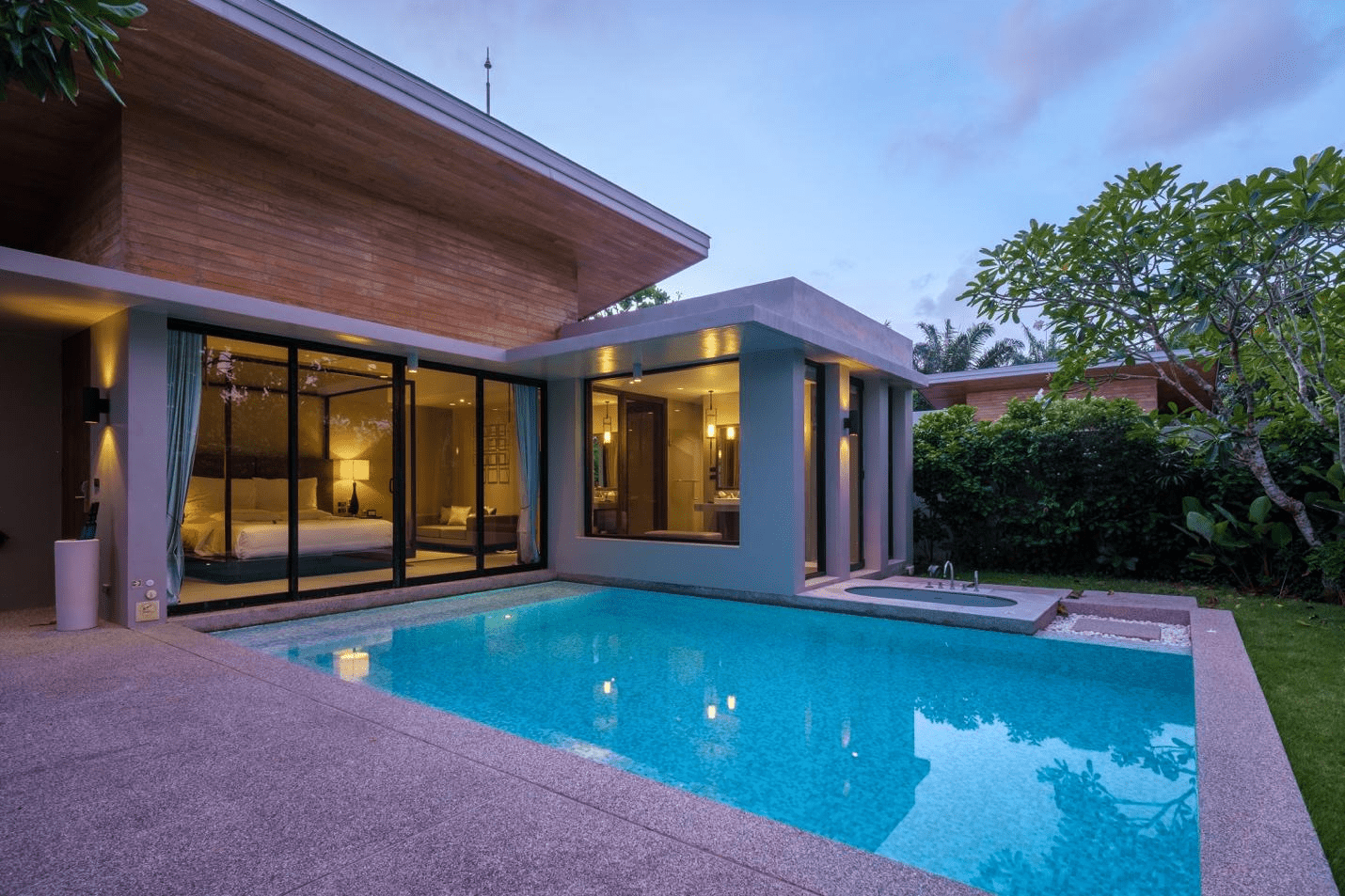First Home Buyers: How to save for deposit?

It's the Australian dream to own your own home. Many people think that owning a home currently is near to impossible, which is untrue. It is still possible to buy a home in Australia, whether you intend on living in it or investing in it.
You don't have to spend hours and hours saving up for a house deposit. A well-executed strategy and a lot of discipline can help you achieve this goal. The following tips will help you save for your first home.
- Determine the Required Amount
- Set Your Budget & Time Frame
- Calculate Your Deposit Size
- Make saving a Priority: 6 tips to save faster
Determine the Required Amount
First, you should calculate the optimum deposit amount for a house. Make sure you know how much you can borrow before you start saving for your deposit. Remember to include stamp duty, conveyancing fees, and other costs necessary to purchase a home. You can also use the NG Loans borrowing power calculator to determine the amount you can borrow for your first home.
Set Your Budget & Time Frame
The first step is assessing your affordability. Assess how much you can comfortably save each month based on what you currently own, such as your savings and earnings. Budgets are the foundation of every good saving plan. You can find areas where you can cut back on spending after you know how much you spend.
You will see a bigger difference in spending habits if you make some changes. You can start by reducing your daily coffee intake, and even this small change will have a significant impact. You can decide how much you can begin saving once you know how much you'll spend each week.

Budget realistically - 10 months of moderate savings are likely more effective than ten days of huge savings. Saving an amount comparable to your estimated home loan payments will assist you in budgeting in the long run.
It would be best if you kept in mind that you not only have to pay the purchase price of the property. Apart from that there are other hidden costs as well that are discussed previously. Examples of these hidden costs are: government fees (stamp duty, transfer fee, mortgage registration fee), Home & Contents Insurance, Legal fees, etc.
To plan, you must consider these expenses and break down how much you're saving. Saving for the deposit is by far the largest and most vital sum. The deposit amount can usually range from 10%, though government-backed schemes offer buyers the chance to reserve their homes with just a 5% deposit, reducing the amount of time it usually takes to save up.
To understand your budget, you will also need to determine how much loan you can get. There are a few factors that affect the amount of mortgage you may be able to get. These include:
- Your salary (Gross income including bonuses, commission, allowances)
- Monthly general living expenses (bills, subscriptions, rates, etc.)
- Other pending liabilities (personal loans, credit cards, etc.)
The goal is to ensure that people borrow what they can afford to repay. In general, the higher your income, the higher the loan amount; the lower your income, the lower the loan amount. If you are unfamiliar with what to do, experts at NG Loans can provide you with personalized mortgage advice by looking at your requirements. Book a free consultation today and start your journey.
It may seem obvious to state, but if you decide to buy a house on your own, you will have to spend significantly more money. Buying your home with a partner or other trusted people may make sense since you can apply for a bigger loan if you all have combined incomes.
Calculate Your Deposit Size
House deposits are typically 20% of the purchase price, with some lenders accepting as little as 10% or even 5%. The Family Home Guarantee allows some lenders to accept a deposit as low as 2%. You should be aware that your interest rate will be higher if you put down a smaller deposit because you will have to borrow more money.
Property investment sooner rather than later can lead to quicker homeownership, so it may be worth paying the price sooner rather than later. Your lender may require you to pay LMI if your deposit is less than 20%.
If you're wondering how much you can afford to give upon this property, it's a good idea to look at how much rent you think you'll pay at the moment. Bear in mind that value of property is constantly growing so sometimes it makes sense to pay LMI than keep saving.
We have developed a tool which will help you to find out the best option: save more or pay LMI and purchase the property now. Go on our website and click Buy now or save more calculator.
Case Study
An example would be a mortgage payment of $1,900 per month on a $480,000 loan at 2.5%. What's the comparison to your rent? If you have a 20% deposit worth $120,000, you can put a mortgage of $480,000 on a house that is worth $600,000. However, there are different scenarios you could take into account.
Upon Deposit of 5%
- Property price: $400,000
- Deposit: $20,000
- Loan amount: $380,000
- LMI of around $13,984
Upon Deposit of 10%
- Property price: $400,000
- Deposit: $40,000
- Loan amount: $360,000
- LMI of around $7,056
Upon Deposit of 20%
- Property price: $400,000
- Deposit: $80,000
- Loan amount: $320,000
- No LMI payable

he deposit and LMI, you'll also need to watch out for stamp duty. Depending on where you live, first-time homebuyers might be able to get a stamp duty discount or exemption. It would be best if you dedicated yourself to saving once you've identified your deposit goal.
6 tips that will help you to save faster for a home loan deposit:
- Analyze your spending: Keep a detailed record of your monthly expenditures and analyze thoroughly of how much you spend every month.
- Plan accordingly: Calculate your budget based on your spending and see where you can make cuts.
- Take care of urgent debts first: Ensure that you have a handle on the debt problem as soon as possible. The highest interest debt must be dealt with first. For example, a HECS debt may not be as urgent as a credit card debt may be.
- Save as much as possible: Take advantage of high-interest savings accounts to make your money work while you help build your deposit, or think about choosing a term deposit to put some of your savings into. Depending on what asset you have, you might consider selling it and putting the funds towards your down payment. For example, if you have a car that you are willing to part with or share that you own.
- Sell unused valuables: Selling your unused items online could help you earn extra cash. For the best resale prices, focus on collectibles and vintage items. By doing so, you can save more amount for your home deposit.
- Lower your bills: Lowering your bills will also help you save more. Don't waste your money on services you don't need. Instead, invest in the services you need. You should know that you can save over $750 annually by saving $15 every week.


